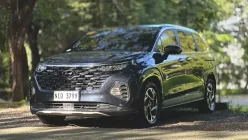With the automotive industry’s ongoing march towards electrification, Hyundai Motor Group is making it clear that the days of the combustion engine are numbered, as it embarks on its most radical change yet.
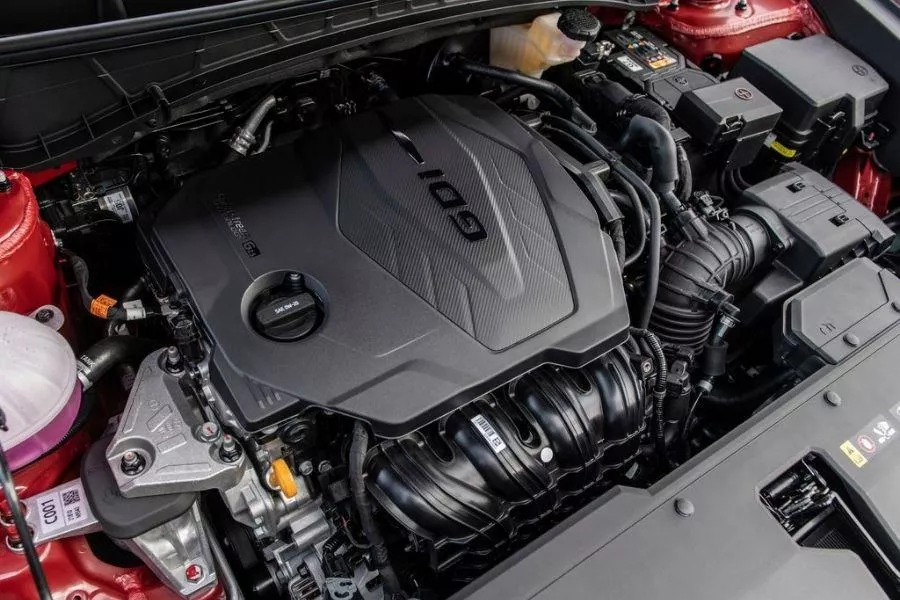
It's the end of the line as far as new Hyundai combustion engines are concerned
According to a report by Business Korea, the automaker recently closed down its engine development center on December 17, sealing the fate of whatever future gasoline and diesel power plants it may have had in the pipeline. This is part of a wider reorganization inside Hyundai’s Namyang Technology Research Center, located south of Seoul.
“Now, it is inevitable to convert into electrification,” said newly appointed R&D chief Park Chung-kook in an email to employees. “Our own engine development is a great achievement, but we must change the system to create future innovation based on the great asset from the past.”
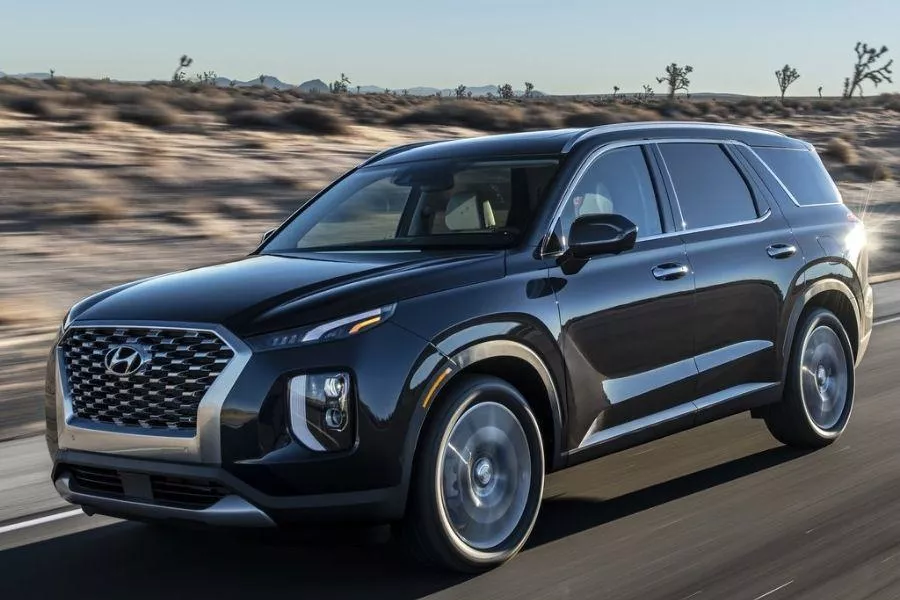
Engines used in current models will continue to be updated
The engine development team was established in 1983 by Hyundai Group founder Chung Ju-yung. Eight years later, Hyundai unveiled its pioneering Alpha engine, with later successors Beta, Theta, and Nu playing a role in Hyundai’s rise as one of the world’s top five automakers.
Now, the Namyang facility and its divisions will shift its priorities to work on projects involving propulsion for electric vehicles or EVs. This is reportedly the largest-ever reorganization undertaken by Hyundai, as the research institute is staffed by 12,000 personnel and is a key unit of South Korea’s leading car manufacturer.
A new battery development center has also been established, with researchers now working to source raw battery and chip components.
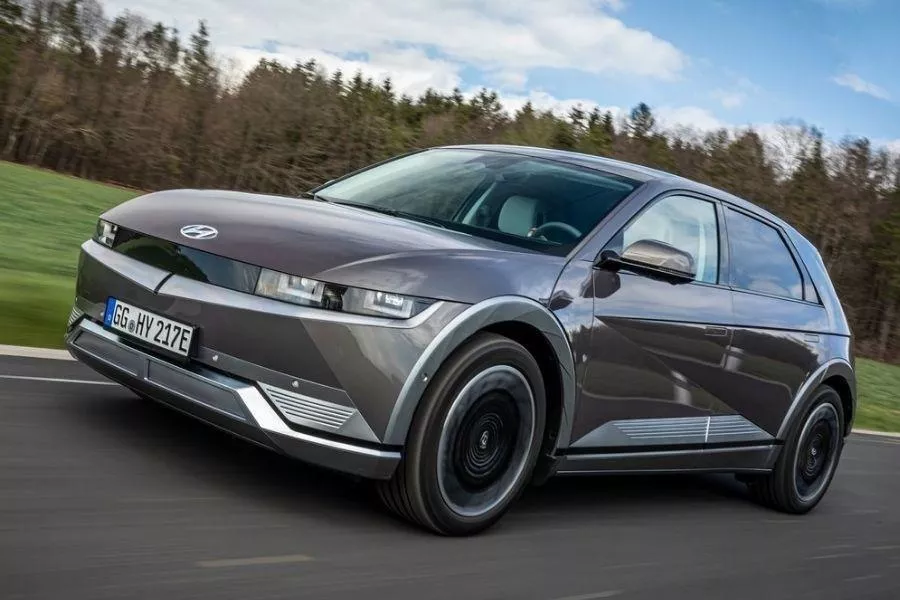
Hyundai wants to turn into an EV producer as quickly as possible
Hyundai is further accelerating its EV development schedule by centralizing the project management and integrated product development teams into a single unit. This unified group will have jurisdiction from design to mass production. Development of new diesel power plants has been stopped as early as January 2021 (following Volvo’s lead some four years prior), although existing engines will continue to receive updates.
The changes are in line with Hyundai Motor President & CEO Chang Jae-hoon’s recent announcement that the company will be more aggressive in becoming an EV producer as quickly as possible. This is in compliance with South Korea’s climate plan that seeks to make hybrid and EV offerings mandatory across all carmakers by 2030, while eventually phasing out all combustion models by 2035.
Stay updated with the latest industry news at Philkotse.com.
Know more about Hyundai

In the local market, Hyundai Motor Philippines Inc., under the leadership of Lee Dong-Wook now sells Hyundai models locally as of 2022.
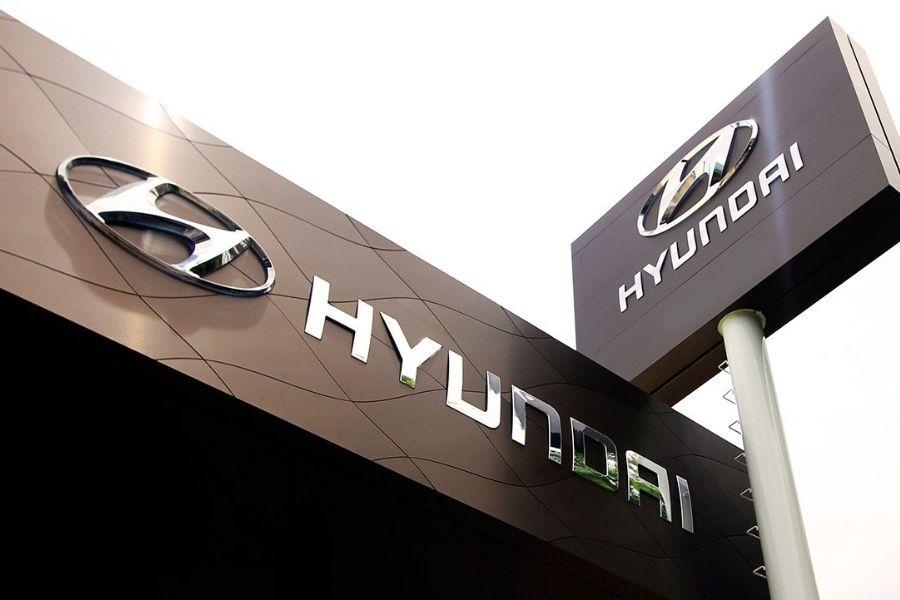
The brand’s lineup consists of the new crossovers which includes the Tucson, Santa Fe, and Creta. Under the MPV category, the Korean marque then has the new Staria model. The most affordable model in the local Hyundai lineup is the Creta's GL variant, which is priced at Php 998,000. The most expensive meanwhile is the Santa Fe, which retails at Php 2,420,000.
Of note, Philkotse makes sure to update its Hyundai car price list as needed. It also provides an up-to-date list of car promos for the said brand, as well as a list of Hyundai dealerships around the country.
Recent posts
- suzuki toyota ev alliance Nov 05, 2021
- Hyundai discontinuing combustion engines Nov 19, 2021
- Mitsubishi Motors will stop making diesel engines by 2021 Mar 09, 2022


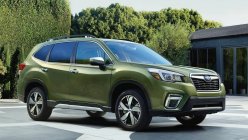


![[FOR FUN] Top 5 anime series that car enthusiasts will love](https://img.philkotse.com/crop/94x52/2019/11/06/xgWRvxxG/top-anime-for-car-lovers-5c8c.jpg)
